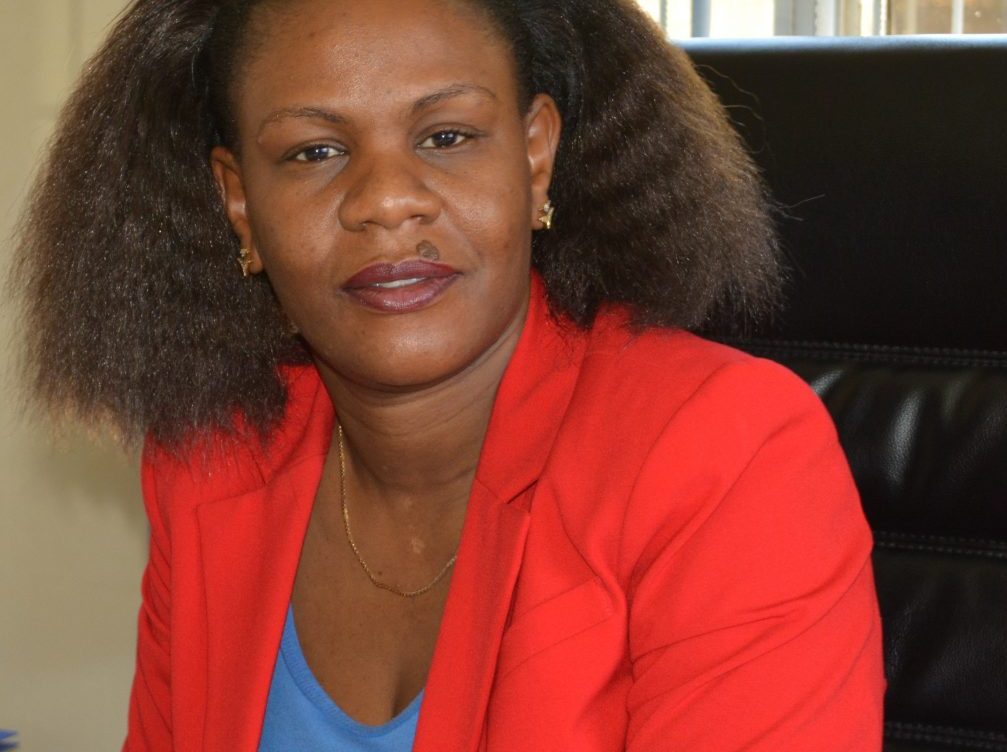
Communication initiative to address fish depletion, promote livelihood diversification
By Lilian Saka-Kiefer
Fishing is one of the most relied upon livelihood activities for communities around rivers and lakes.
Fish features prominently on the diet of many Zambians – both rural and urban. This is because fish is affordable to most people. It is abundant in the country’s markets, and it can be easily sourced in all parts of the country. Most importantly, it is one of the most accessible sources of protein for the majority Zambians. Every day, volumes of catches are brought to the markets in urban areas – fresh and dried. This makes fishing a very important activity both for nutritional purposes and for income generation.
While this is the case, it is also a fact that the country’s fish stocks are depleting very fast. Interacting with fishing communities, fish wholesalers and indeed fish consumers confirms that the quantities of fish in natural water bodies are reducing at a fast rate, and in some cases, the size of the fish is also reducing. Fish depletion is no longer a threat but a reality that requires urgent action.
Panos Institute Southern Africa (PSAf) exploits the power of communication in fostering livelihood development interventions. As part of our on-going livelihood development interventions, PSAf has been championing livelihood diversification as a response to fish depletion in areas where the main means of livelihood is fishing.
One of the challenges that PSAf is addressing in the effort to foster fish-based livelihoods is fish depletion. Because of over-reliance on capture-fishing, overfishing and unsustainable fishing, in most areas fish availability has gone low.
Overfishing, which is driven by limited livelihood alternatives and over-reliance on capture fishing, is the underlying cause for fish depletion. Communities tend to violate fishing policies and recommended fishing practices. These violations include, but are not limited to, fishing during closed seasons, when breeding is going on, and use of mosquito nets as fishing nets, which tend to capture baby-fish before they are ready for harvesting. These practices erode the growth and multiplication of fish, as well as the nutritional and economic value of fish to rural communities.
Realising that fish depletion is mostly driven by human action, PSAf is working with several actors to engage communities and motivate them to adopt sustainable fishing practices. PSAf is facilitating community-based dialogues that challenge the conduct of unsustainable capture-fishing practices, promoting livelihood diversification among communities whose livelihood is predominantly fishing, and promoting fish-farming as an alternative to capture-fishing.
One of the key lessons coming out of this initiative is that positive behaviour change is effective when communities are engaged in dialogues that challenge their own practices, and gets them to discuss and explore alternative possibilities. This communication initiative achieves not only increased knowledge levels, but also creates opportunities for adoption of positive behaviours as a natural outcome of the communication initiative. This underscores the principle that effective community engagement is critical in driving positive change.
So far, in areas where the project is being implemented, positive change has been recorded. People whose livelihood is fish-selling (mostly women) have adopted other means of livelihood to supplement fish-selling such as small-scale horticulture – growing chillies, tomatoes and other different kinds of vegetables. On the side of the fishers, livelihood diversification has equally kicked in into goat-rearing, chicken farming and other options. PSAf hopes to see this livelihood diversification lead into sustainable fishing practices, where by closed fishing seasons are strictly observed to allow for breeding, and that use of mosquito nets and other tools that cash baby-fish are discontinued.
Alongside livelihood diversification, fish farming is being promoted as a way of meeting the fish-deficit that may exist due to the low levels of fish in the natural water-bodies. So far, through on-going communication with fishers and other community members, fish-farming is being adopted as an alternative to capture-fishing. The communication around fish farming is centred on capacity building and awareness raising on the value of fish farming.
Through such effective communication for community engagement, fish depletion may be addressed to significant levels.
The author is PSAf Executive Director. For feedback, email: lilian@panos.org.zm.